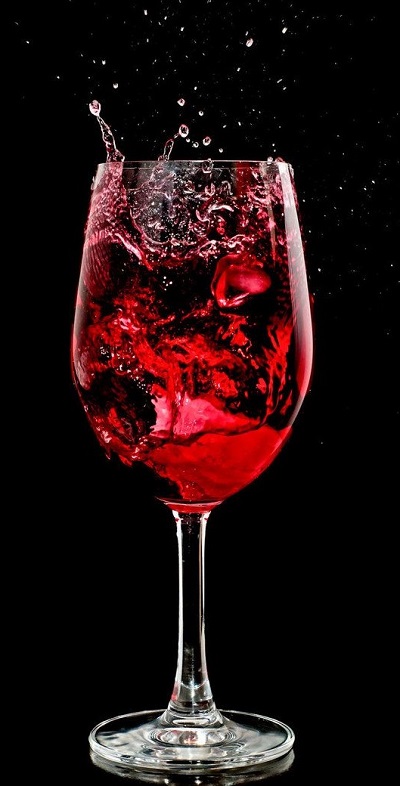FWP:
SETS == SUBJECT?
‘UNION’: {5,2}
WINE: {49,1}
For background see S. R. Faruqi's choices. This verse is NOT one of his choices; I thought it was interesting and have added it myself. For more on Ghalib's unpublished verses, see the discussion in {4,8x}.
At first glance, this verse indeed looks to be a less effective treatment of the same theme as the gorgeously disrupted {116,9}. Asi explicitly takes it that way, and Zamin criticizes it for erotic vulgarity. But actually the verse has a more general thrust. For the heart is described as ;harii.s -- 'greedy, avaricious, covetous' (see the definition above). The only divan verse in which this adjective occurs is {60,6}, which speaks of the lover as 'greedy for the pleasure/relish of cruelty' (he wants the beloved to torment him). Thus the adjective seems to suggest some kind of morally dubious behavior, and also a dearth of real romantic intimacy or feeling. For after all, vi.saal can mean a great many relevant, greed-evoking, non-erotic things, including 'enjoyment of any desired object' (see the definition above).
There are also two ways to read the metaphor in the second line. Asi takes the 'thirsty-lippedness' to be that of the wineglass itself (the foam left on its lip shows that it craves more wine). Gyan Chand takes the 'thirsty-lippedness' to be that of the wine-drinker (the foam on his lips-- transferred to the glass-- shows that he is eager for more wine).

Asi:
After attaining union, the ardor of the greedy heart became even greater. So to speak, the wineglass that had attained union with the wine-- its froth is the proof of the ebullience of its thirsty-lippedness. The meaning is that even after union, the lover's ebullience and turbulence do not lessen; rather, they increase further, or remain established as they were. In one [other] place he has expressed this same thought like this: {116,9}.
== Asi, p. 219